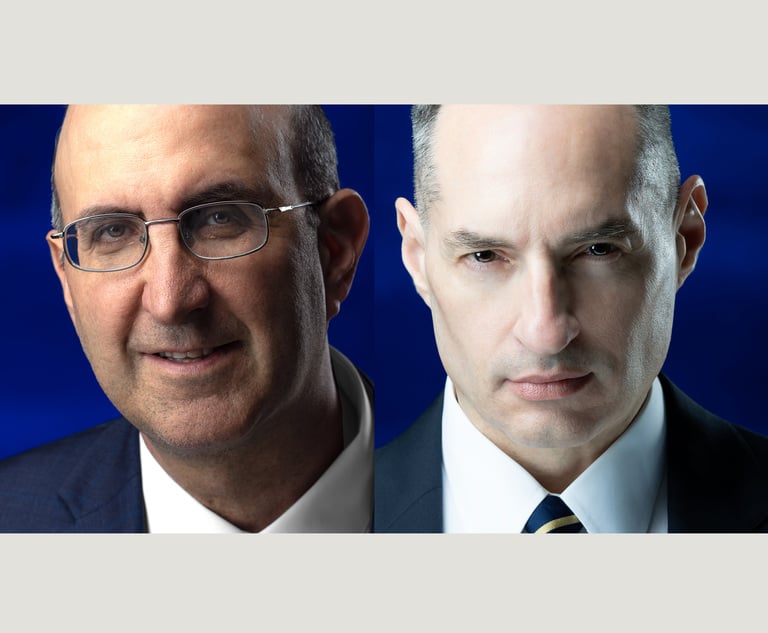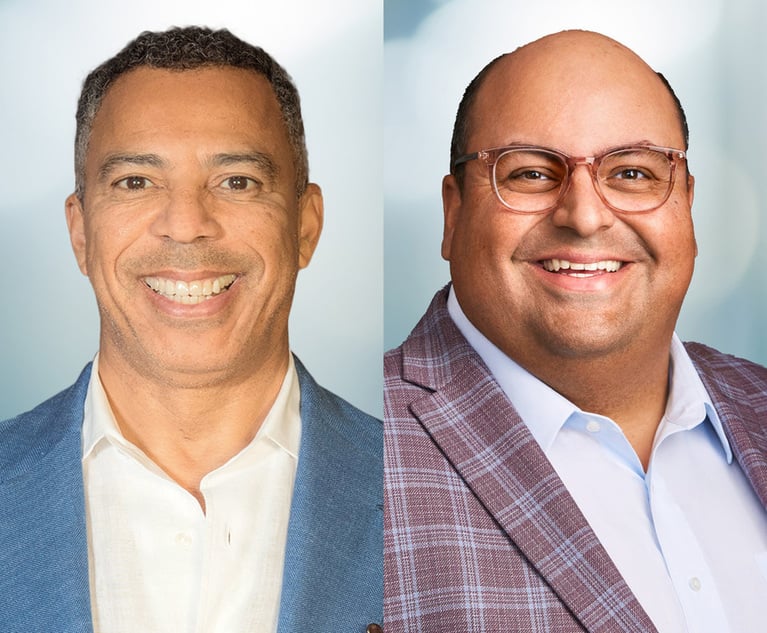Got a thorny question of state law in your federal case? The federal court certainly has the power to decide it. Indeed, federal courts routinely decide questions of state law, doing their best to make an “Erie guess” as to the right result. But just because the federal court can decide the question doesn’t mean it will. There’s another option: certifying the question to the appropriate state supreme court.
Once rare and relatively unknown, the certification process has been gaining traction in recent years. In 2020, the U.S. Supreme Court issued two decisions (McKesson v. Doe, 141 S. Ct. 48, 49 (2020) (per curiam), and Carney v. Adams, 141 S. Ct. 493, 504 (2020) (Sotomayor, J. concurring)) discussing the importance of certification. And just two months ago, Justice Elena Kagan pondered during argument in U.S. v. Washington—a case involving a state law aimed at federal workers who got sick while cleaning up the Hanford nuclear site—whether certification to the Washington Supreme Court might be appropriate. Meanwhile, the U.S. Court of Appeals for the Ninth Circuit certified nearly four times as many questions between 2015 and 2019 (84) as it did between 1990 and 1994 (23).


 Susan Yorke, California Appellate Law Group (Photo: Courtesy Photo)
Susan Yorke, California Appellate Law Group (Photo: Courtesy Photo)




